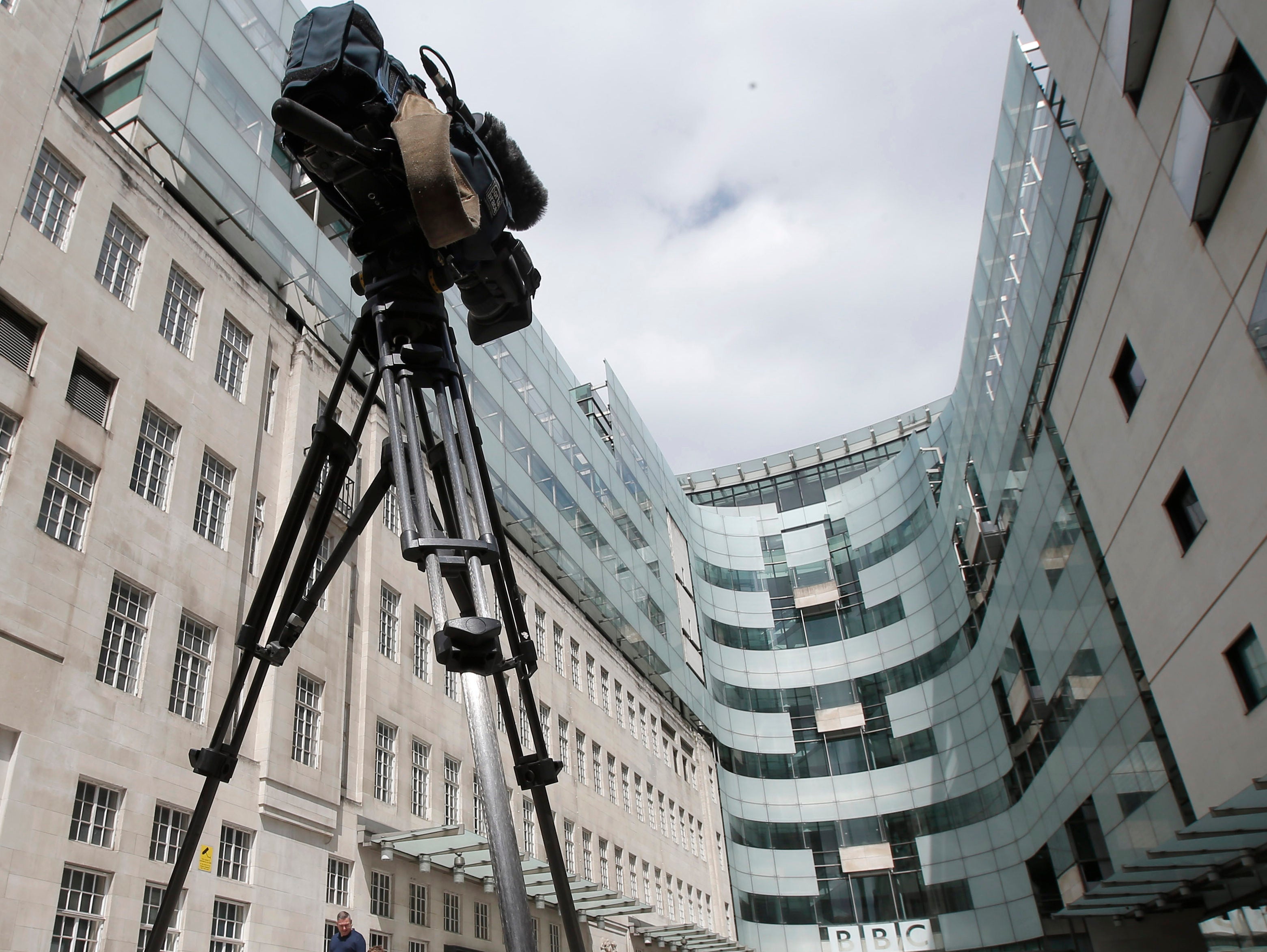
A tweet by a BBC journalist was enough to allow a newspaper to claim the broadcaster had misrepresented research on vegan and vegetarian diets, press regulator IPSO has ruled.
A Sunday Telegraph column published in August last year claimed that by “misreporting” UN research, the BBC “wants us to switch to a mostly plant-based diet in order to alter the weather”.
This claim was based only on a tweet by the BBC’s science editor David Shukman, who shared a link to a colleague’s story on the research and added: “Switching to a plant-based diet can help tackle climate change.”
The Sunday Telegraph later received a complaint that its column was wrong because the BBC’s reporting had been accurate.
But the newspaper told IPSO that several other parties had interpreted Shukman’s tweet as being incorrect “for not acknowledging that the UN report did not recommend a solely plant-based diet”.
Switching to a plant-based diet can help tackle climate change – UN study by @IPCC_CH reported by @RHarrabin https://t.co/sJAlakjICj
— David Shukman (@DavidShukman) August 8, 2019
IPSO backed the Telegraph, saying Shukman, whose Twitter handle is @davidshukmanbbc, had tweeted “seemingly in his official capacity” and that it therefore was not misleading to refer to the BBC rather than him by name.
“The UN report had acknowledged the benefits to the environment of a balanced diet of both plant and animal-based products,” IPSO said in its ruling.
“In these circumstances, it was not misleading for the columnist to have claimed that the BBC, by virtue of the tweet, had misrepresented the report.”
But IPSO did rule against the Sunday Telegraph on another point. The newspaper had referred to a meta-analysis of peer-reviewed papers which it claimed had made a finding relating to “the average westerner”.
It was pointed out that the relevant studies were undertaken only in the UK, Germany, the Netherlands and India, and IPSO said this moniker was therefore misleading in breach of Clause 1 (accuracy) of the Editors’ Code of Practice.
“As the article referenced the research to support its position on the environmental impact of giving up meat, the territorial scope of the research was significant, and the description needed to be corrected,” IPSO said.
The BBC formalised some of its social media guidance for staff last year, warning them that “BBC staff should avoid bringing the BBC into disrepute through their actions on social media”.
The guidance added that staff must “take particular care” to maintain the BBC’s impartiality online in both their professional and personal activities.
Read the full IPSO ruling here.
Picture: Reuters/Peter Nicholls
Email pged@pressgazette.co.uk to point out mistakes, provide story tips or send in a letter for publication on our "Letters Page" blog
